Georgia Oakley’s Grand Entrance into the Commercial Sphere
Lady Eleanor and Director Georgia Oakley met at the Curzon Soho theater to drink wine, eat pizza, and discuss Georgia’s adventures within the film world, from directing her debut feature Blue Jean to stepping into the commercial realm with Eleanor. Grab a glass, a slice, and enjoy this glimpse into Georgia’s cinematic genius.
Let’s return to the very beginning. When did you first know that you wanted to be a director?
I had a very chance encounter on a film set when I was 17. I was street cast to play a small, nonspeaking role in a film. I took the job because it paid well, and I was 17, and it was something fun and different.
I was enamored with the whole experience. I loved the collaborative nature of it. And the fact that it brought together all these people with different skills. At that point, I wasn't sure which department I wanted to be a part of, but I knew that I wanted to try everything until I figured it out. I completely re-thought my whole life. All the choices I'd made up to that point.
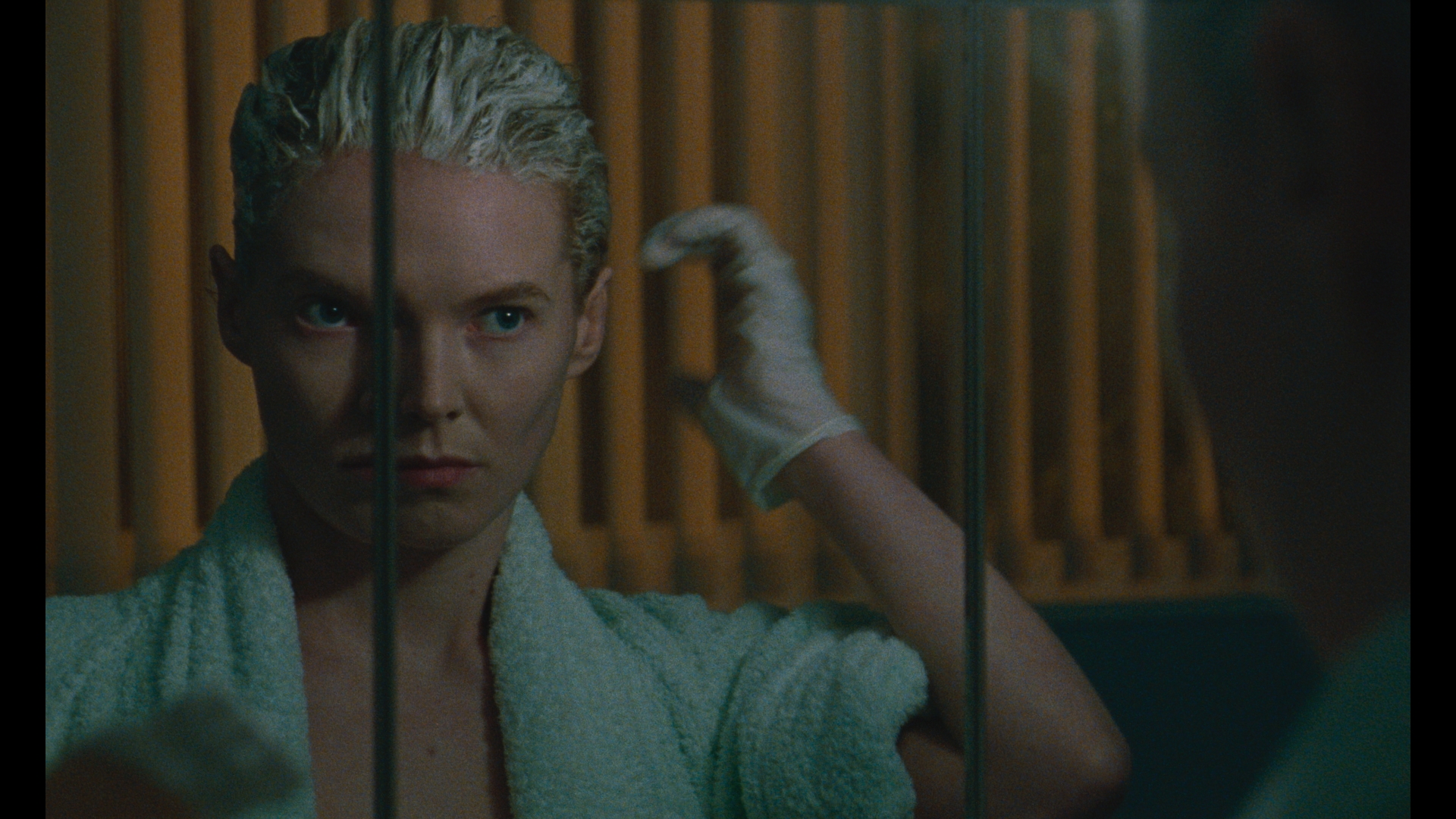
What would you celebrate as the most rewarding part of being a director?
Films make people feel less alone in their experience. That’s what the films that I love all do. I had that experience when I was young, of using cinema for that purpose. And when I made Blue Jean, the most rewarding thing was the responses from younger audience members who were telling me things after in the Q and A's that I could tell, they’d never said to anyone before. Something had been unlocked through the process of them watching the film. It really chimed with a certain audience and brought about quite emotional reactions. When we toured around the UK and the rest of the world, seeing some of those reactions firsthand was incredibly rewarding.
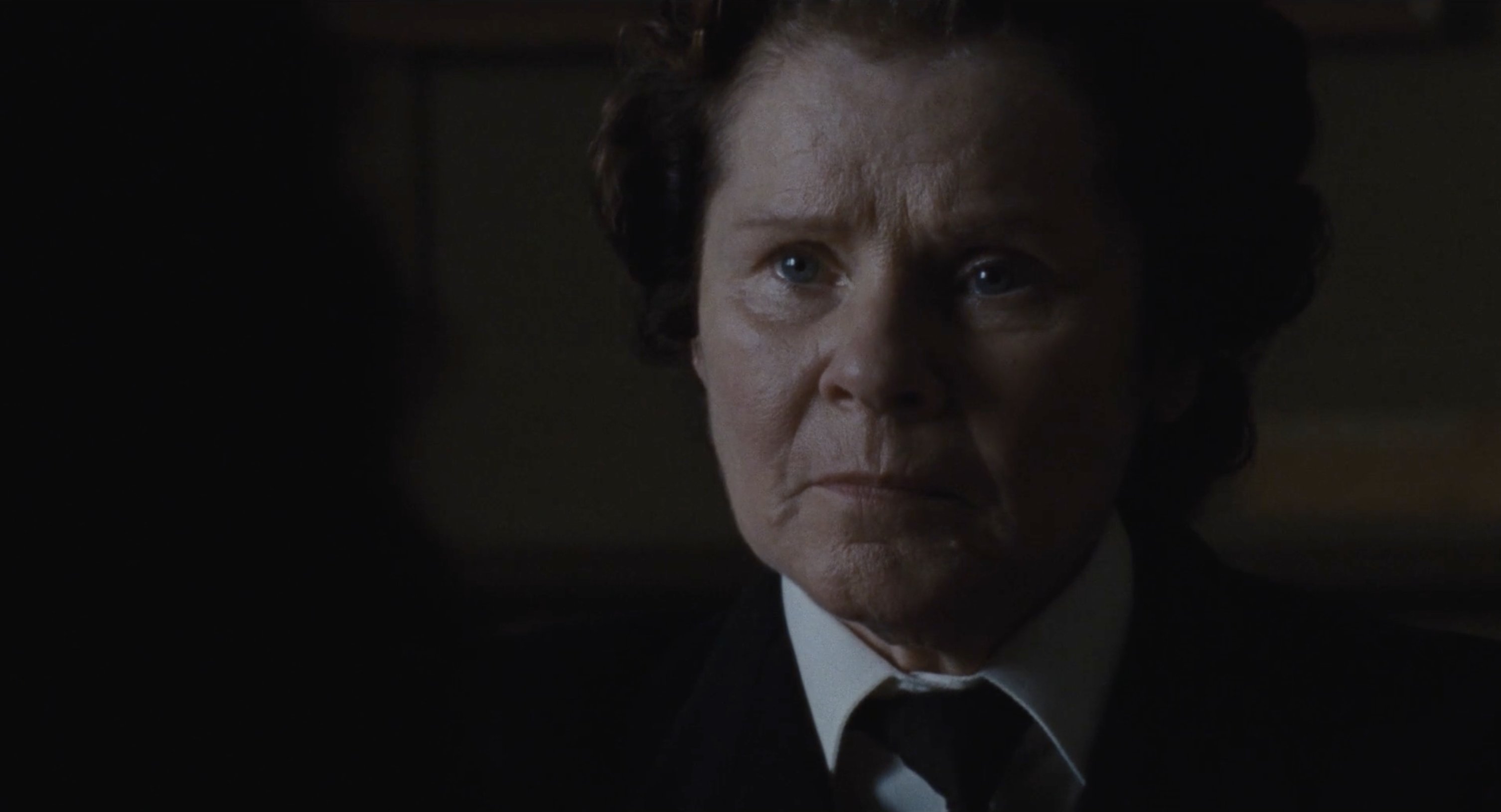
Tell me more about the array of creative pursuits that shaped your artistic voyage?
I started directing by accident really. I was at university, and I started directing theater. It was the only thing they had on offer at the university I went to that was vaguely in the same world as film. So I started doing it and fell in love with working with actors. I always did very small plays with very small casts. Casts of four, maybe. I would have the actors come to my living room every day for an hour and a half, two hours, whatever, and I would work very rigorously and very closely with them.
I think working with actors, building trust with actors, is where I'm most at home.
I noticed that when I was filming Blue Jean. I can definitely draw a line back to those early theater experiences, in terms of creating a company of people that believe in something and trust each other.

What interests you about directing commercials?
I’ve always been interested in directing commercials, After my initial period of working in theater, I worked for a commercials company for three years in London. It was my first ever job. I was part of the creative team, and I helped directors put together their visual treatments.
Telling a story in a shorter space of time requires a fluency. I think it’s actually easier to tell a story in 90 minutes. Telling a story in a short space of time is a harder thing to do. And I love a challenge like that.
I also think that working in the branded world offers the chance to experiment in a really exciting ways. Often some of the best work by some of the directors I love who make feature films has been their work in the music video world or the commercials world. I think sometimes it's easier to take the risks you weren't always able to take.
Being able to speak to a wide audience is really exciting. I want to put some of my ideas and thoughts into the world in a more direct way.
I also have a lot of great relationships with heads of departments who also make commercials. And I would love to be able to work with them more frequently, and not just and not just call them up every six years when I'm planning to spend five weeks tearing my hair out. I think it will be very exciting to develop those relationships further with shorter-form work.
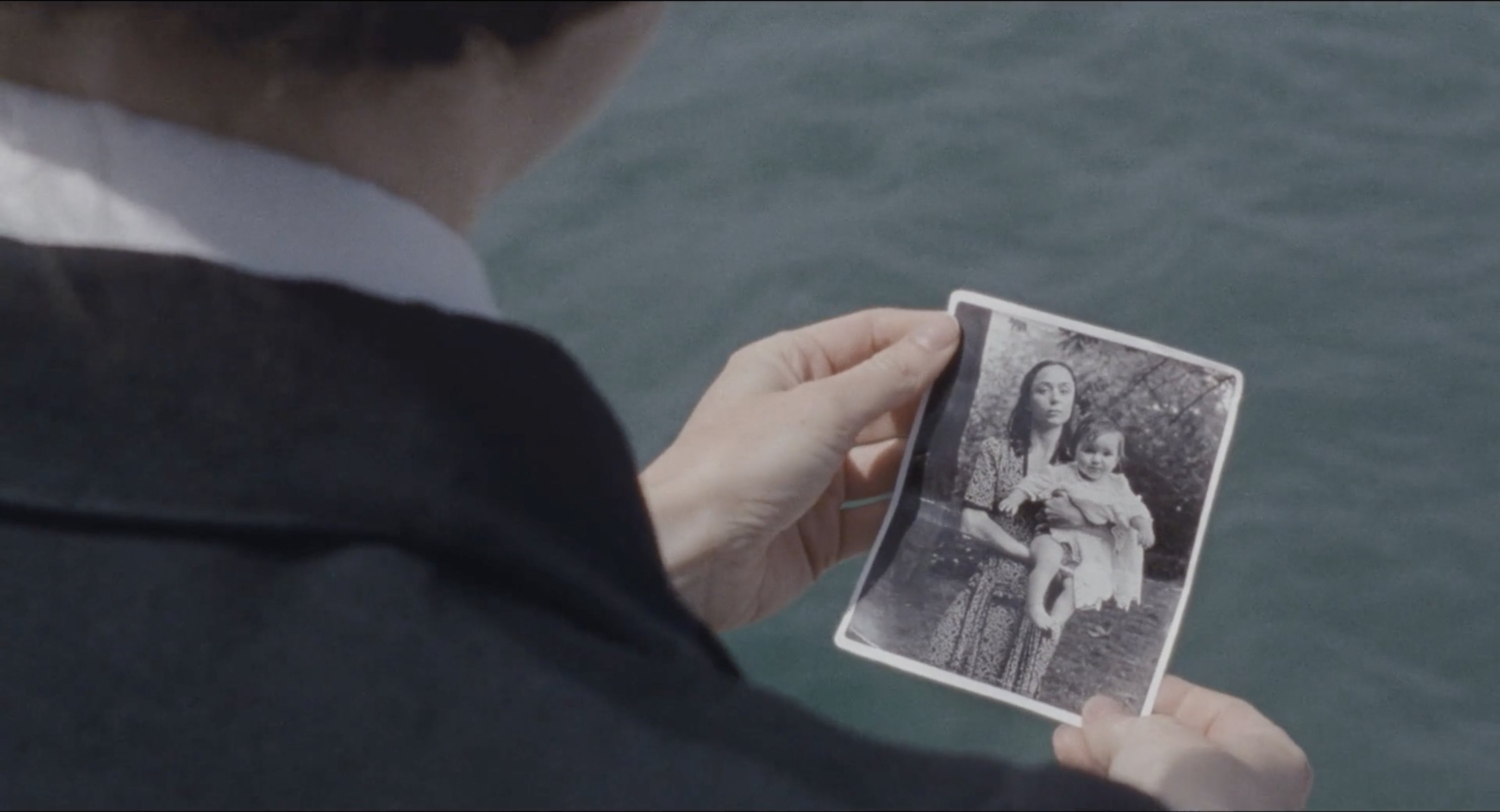
What have you noticed is the biggest difference between working on a smaller project like a short film and a larger project like a feature film?
The biggest difference is stamina. Having the energy to push a very difficult thing up a hill for four years or however long it takes you to get through development into getting the film financed. Getting a film made is a marathon.
During the Blue Jean shoot, I was expecting it to be very different. I'd worked with smaller crews on shorter productions, but it was more similar than I thought it would be. You're still engaging with the same core team throughout. There might be 200 people there, but as the director, you're not actually interacting with every single person, every day.

In Blue Jean we travel to 1980’s England, under Margaret Thatcher’s Section 28. What drew you to tell this tale as a period piece?
I wanted to make a film that touched on the performative element of self. The idea that we can be one person in one part of our life, maybe at work, and another person at home, and how internalized homophobia plays into that. I was drawn to the idea of finding a true story or a person or something that I could hinge the story on.
I liked the idea of doing a lot of research, I think it was connected to the fear of making a first feature and wanting to ignore that for a bit. So I buried myself in research in the library. And I loved that process. I felt like it was important for me as a person as well as for the film.
I didn't specifically set out to make a period film, but I was fascinated by this law, because it had had such a huge effect on my life without me knowing. When I was at school, this law was in place. I didn't know that there was such a law. The only way that I could really look back and say that I experienced it was that was just the complete absence of any conversation around this subject. And the fact that there just weren't any out gay people in my school or teachers. And all of that, I believe, is a direct knock on effect from the law, and the fact that everybody was living in fear for such a long time. 2003 was when the law was finally repealed. And even now, we spoke to teachers who are working now in the UK, some still said they conceal their sexuality from their students because they're worried about how they'll be treated. So it's not exactly gone away.
I was always keen to make a film that was period, but that was hard to watch without making links between what's going on in the film and things that are going on now. I wasn't consciously drawing those lines, but I expected audience members to draw those lines. I don't really see it as being something that's changed all that much. I now have a seven-year-old, and I see these attitudes still very much alive and well within school and teacher communities. So yes, it's a period film, but I don't think it would be all that different if it was set now.
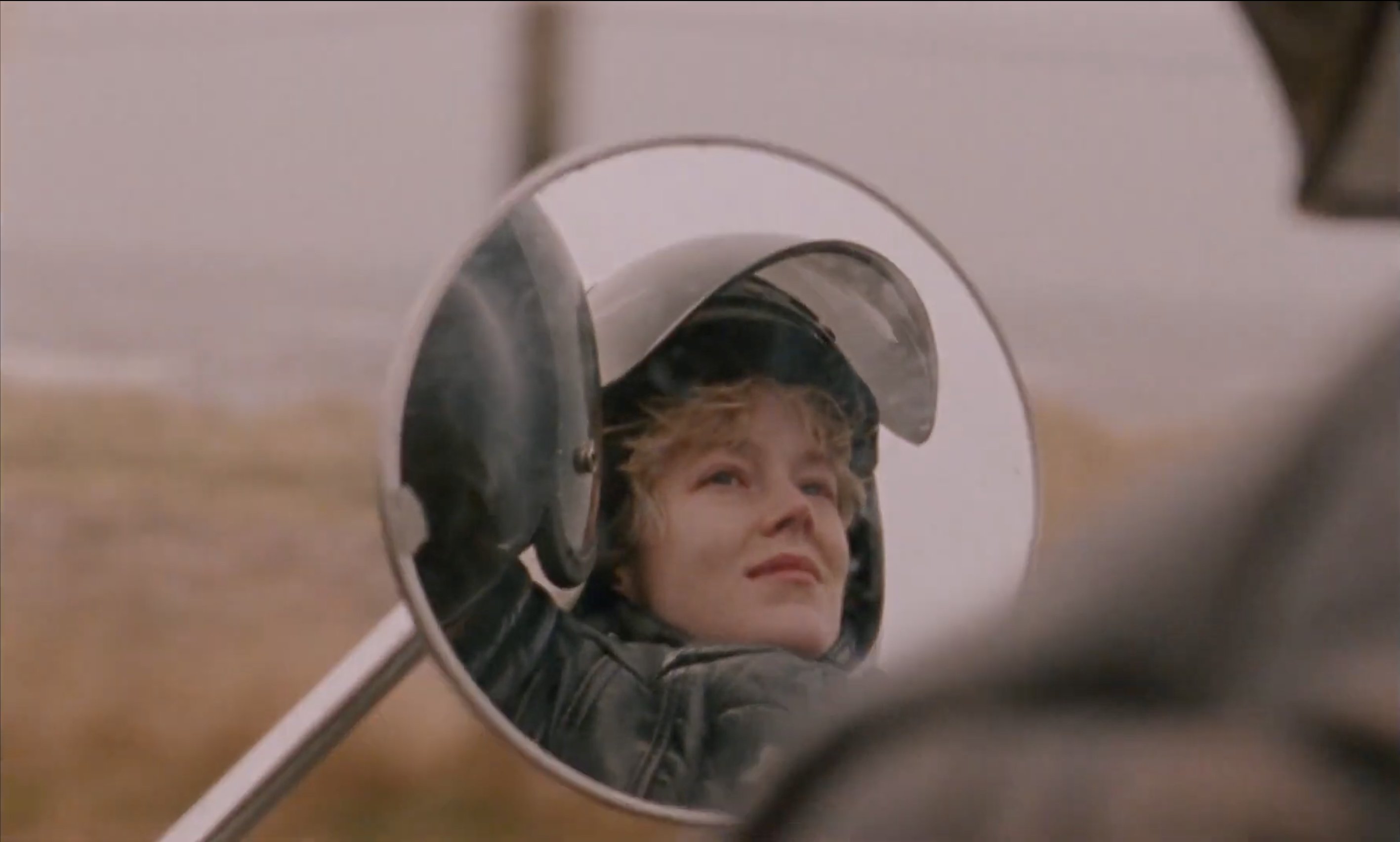
Throughout the process of making Blue Jean, you worked closely with real lesbian PE teachers who lived a similar experience as the main character, Jean. Tell me more about how the stories of these women informed the film.
During my research, I stumbled across a collection of interviews with lesbian PE teachers who worked in the late 80s and early 90s, during the time that Section 28 was a law in the UK. Their testimonies were so fascinating. Even though these were women of different ages, from different parts of the UK, from different socio-economic backgrounds, there were still common threads to their stories.
And there were threads that I could recognize in my own life, around the notion of living a double life or battling internalized homophobia or being in a relationship where one person sort of slightly hides their identity for reasons to do with their job. I'd seen a lot of that and was experiencing a lot of that in my life 30 years after the film was set.
I was really interested to speak to those women. We already had an outline for the film, but the more I spoke to them, the more their experiences fed into the redrafts of the script. I was always so keen to involve them in every stage that I could.
Two women specifically advised on the set. One of them was our netball advisor. They were both extras in the bar. And it was really amazing. They didn't know each other, these two women, but they tracked each other down after the experience of making the film. What came from there was quite a meaningful relationship because they both lived very similar experiences and had a lot in common and had felt quite lonely in that experience for a lot of their lives, and so this film brought them together, which was really lovely.
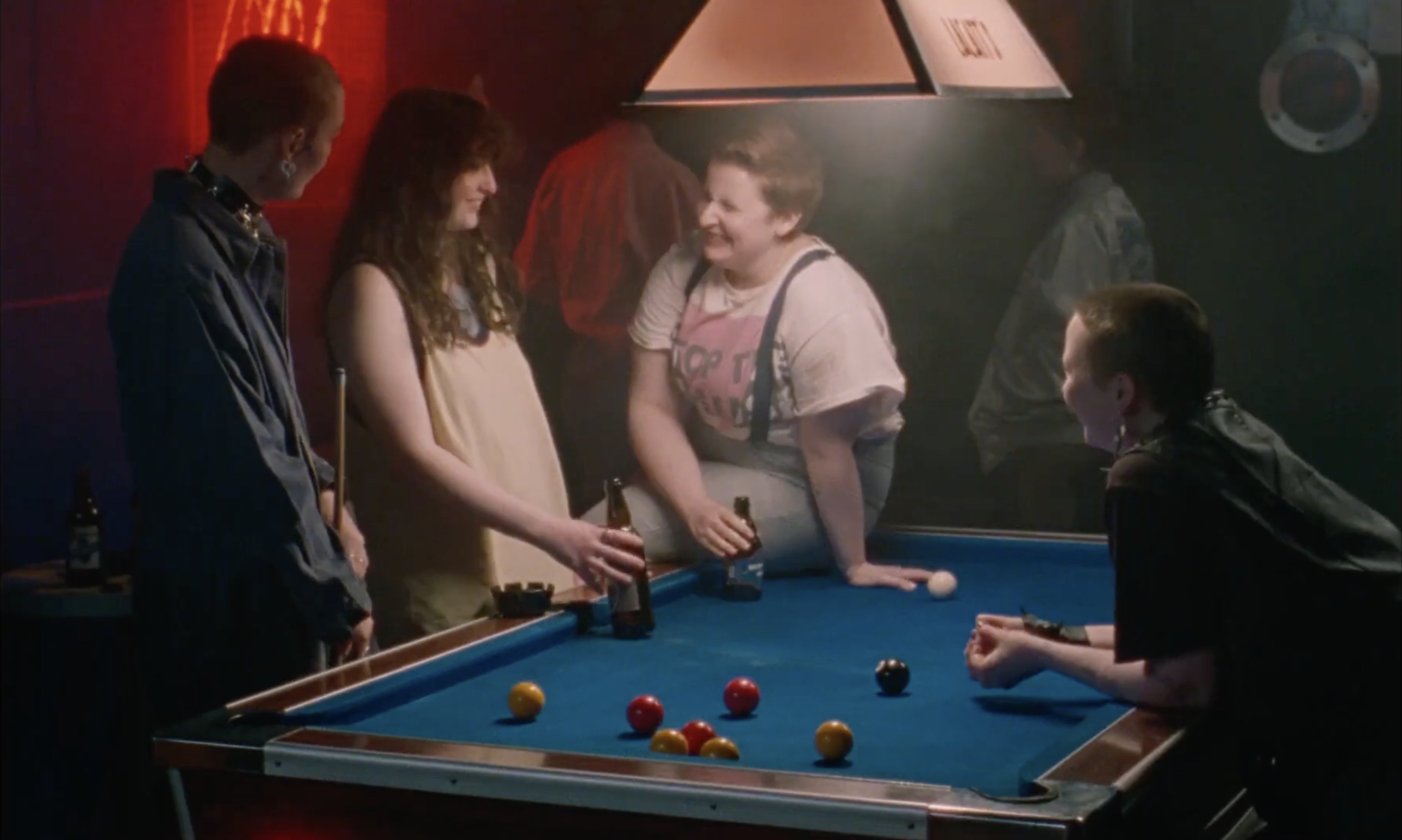
How did your research and work with these advisors influence your work with the actors of Blue Jean, from Rosy McEwen who played Jean to Kerrie Hayes who played Viv?
Something I tried to do a lot with actors is do the homework myself, build the story, and then pass that on to the actor. Once you've given it to them, it's theirs for the discovering. And so I wanted Rosy to have her own journey of discovering what it meant to those women and her version of interpreting that in the character, without me being present.
I had a similar approach when it came to the building of Jean and Viv’s relationship and backstory.
You don’t get to see how they met. It was something I hadn't seen in queer cinema very often–a lesbian couple who was knee-deep into a relationship when the film starts. I really wanted to do that with this film. And I also wanted those actors to figure out those characters’ backstory together. So I sent them off and got them to do various things together without me and also to casually talk about what they thought Jean and Viv’s love story prior to the film starting was.
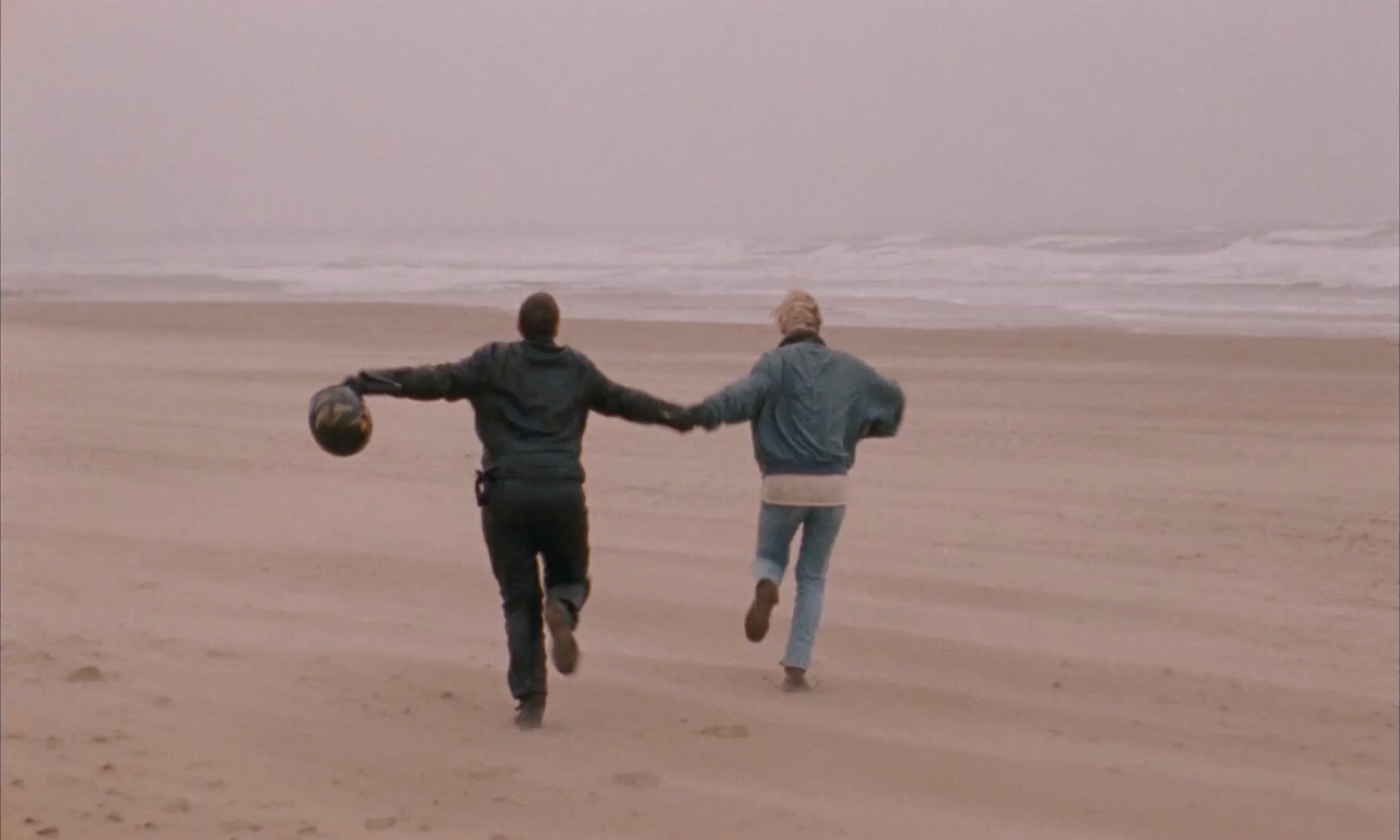
Paint a picture for me, what was the hardest scene to shoot? And why?
The breakup scene between Jean and Viv. We ended up shooting that on two cameras because you can't push actors to do that kind of thing over and over and over, but we needed some coverage of it. Kerrie and Rosy were best mates and always hanging out and joking around on set. Then, whenever there was a difficult scene between Jean and Viv, Kerrie would refuse to speak to Rosy and avoid her for a couple of days. And Rosy really felt that, because they riffed off each others’ energy.
When the cameras started rolling, after a while of them not spending any time together, there was always really emotionally charged energy in the room. It really paid off.
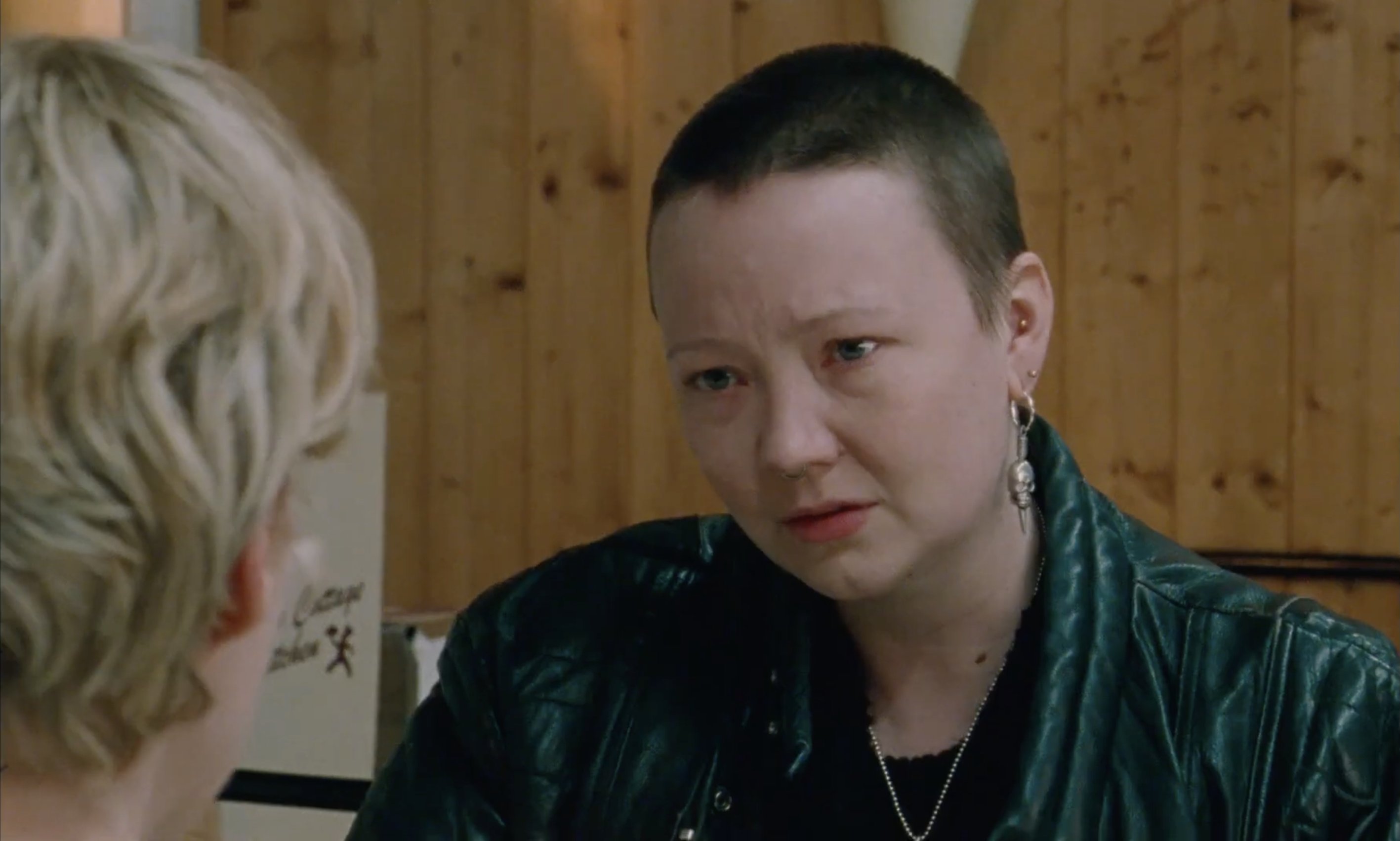
For a finale question, what excites you most about joining Eleanor?
It’s a young company. This is the start of something really exciting, and to be invited to be part of that is really wonderful. All the conversations I've had so far with the Eleanor team, both in the States and the UK, have felt like we're marching to the beat of the same drum. I've been thinking about moving into the commercial world for some time. When I read about Eleanor online, I immediately was like, this one, this is the company. I feel very lucky to have been brought into the fold, and I look forward to what the future holds.